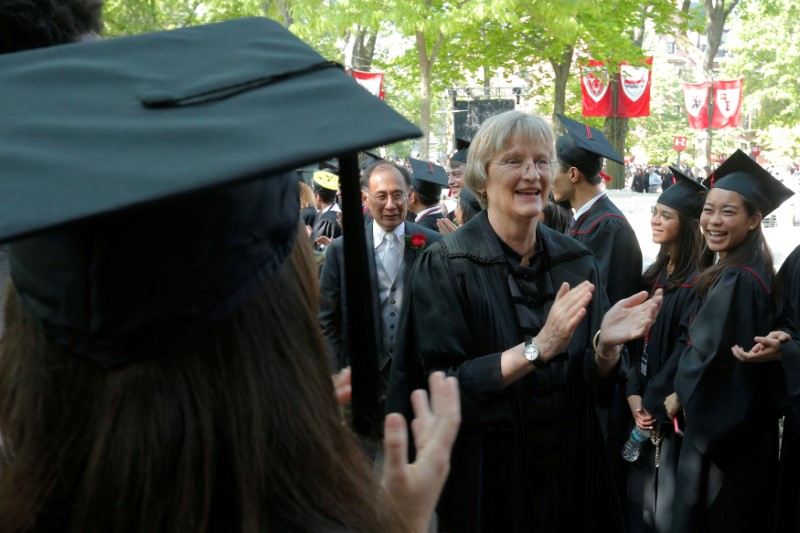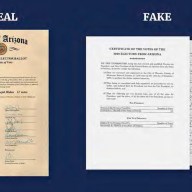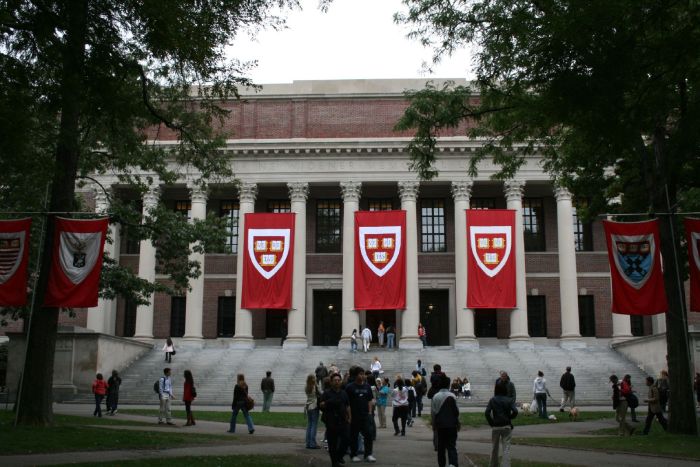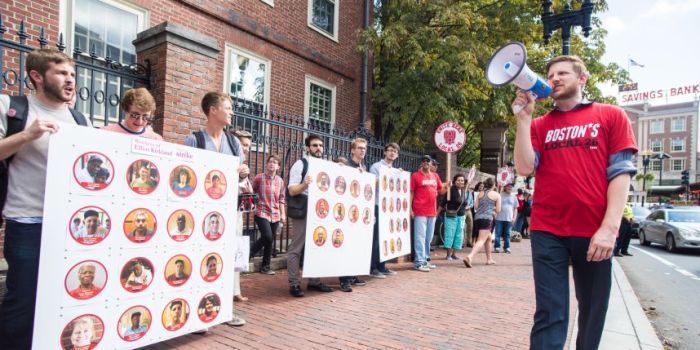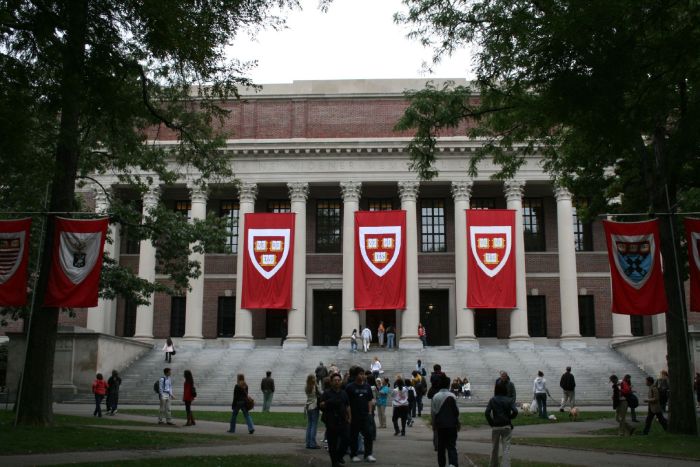Harvard University President Drew Faust, the first woman to serve in that post in the elite Ivy League school’s 380-year history, plans to step down from her role at the end of the next academic year, she said on Wednesday.
Faust, a historian, has run Harvard since 2007. Her leadership helped guide the world’s richest university through the turbulent 2008 financial crisis, when Harvard’s endowment tumbled 22 percent in four months, and also through controversies relating to race and sex assault.
“It has been a privilege beyond words to work with all of you to lead Harvard,” Faust, 69, said in an e-mail to staff. She listed a series of challenges the school faces now, including eroding federal funding for research and “advancing the work of inclusion and belonging that enables every member of our community to thrive.”
Faust, whose academic work focuses on the U.S. Civil War and the southeastern United States, said she would step down on June 30, 2018, leaving the school a little more than a year to name her successor. She is expected to remain on the faculty.
She sharply raised the amount of financial aid the school offers students to $539 million last year from $339 million in 2007. Harvard said that move has sharply raised the number of students from low- and middle-income families who enroll.
Faust also started a capital drive that has raised some $8 billion thus far for the school based in Cambridge, Massachusetts, just outside Boston.
Last year, Harvard replaced the academic shield of its law school to remove the 18th Century crest of a slave-owning family that helped endow the school, and also took steps to honor slaves who worked at the campus in the 1700s.
Like most major U.S. universities, Harvard has grappled with how to handle sexual assault and harassment on campus, creating an office in 2014 to investigate campus sex crimes.
During Faust’s tenure as president, Harvard also received the two largest gifts in its history, a $350 million 2014 donation from the Morningside Foundation given to the Harvard School of Public Health, eclipsed the following year by a $400 million gift from hedge fund investor John Paulson.
Faust also saw the return to campus of the Reserve Officer Training Corps program, aimed at educating officers headed to the U.S. military. The ROTC had not been at Harvard since the Vietnam War.

